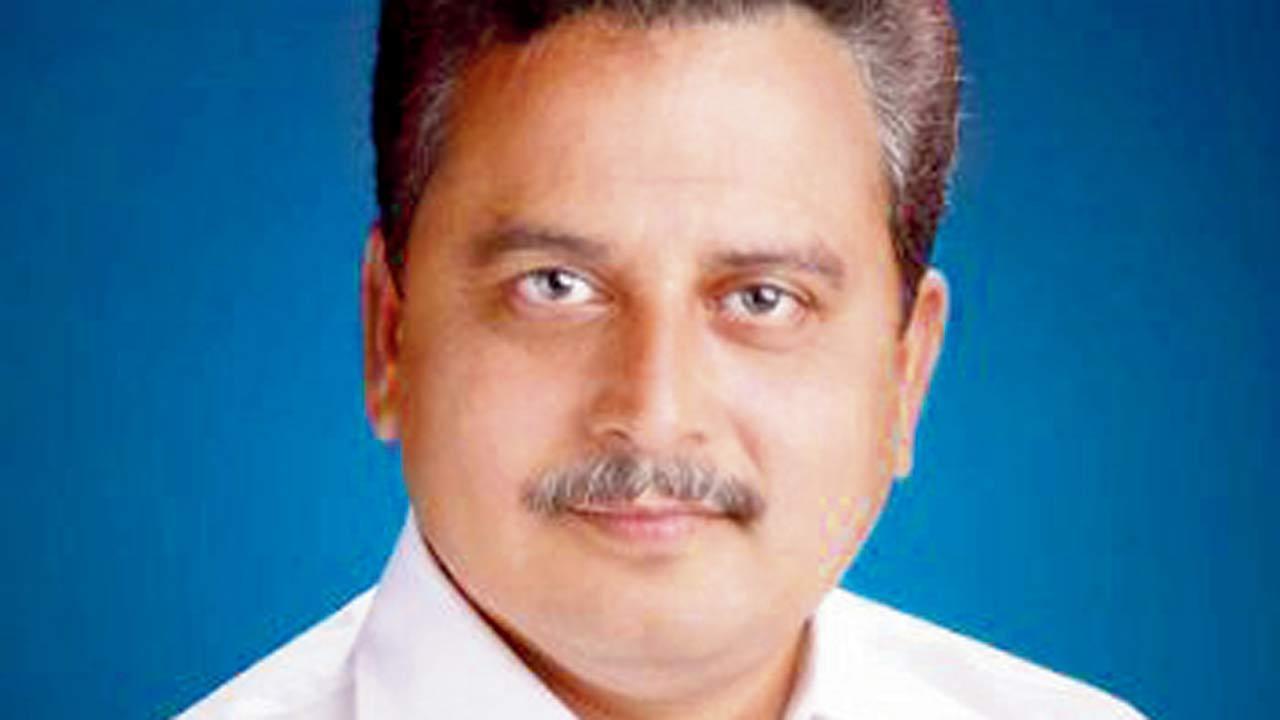After eight years behind bars, Ravindra Konduskar is set to walk home as court addresses justice delayed

Ravindra Konduskar, the accused
On Monday evening, Ravindra Konduskar, 53, a resident of Kolhapur and proprietor of a company based in Sangli, will finally walk home after spending over eight years in jail without bail in an alleged NDPS case.
ADVERTISEMENT
The Bombay High Court recently granted conditional bail to the accused, including Konduskar, after his advocate argued that out of the 27 witnesses, only one witness is still testifying since the charges were framed in 2019. The Customs (Preventive), Pune, acting on a tip, had allegedly seized over 300 kg of Mephedrone, with Konduskar being believed to be the mastermind behind the seizure. This case once again highlights the concern that justice delayed is justice denied.
Incident details
On March 9, 2015, based on information received the previous day, the officer of the Customs (Preventive) Narcotic Cell, Pune, intercepted a white Toyota Etios car near Talegaon Toll Plaza on the Mumbai Expressway at approximately 10.00 am. The driver’s arrest led to the apprehension of others, including Konduskar, the owner of Omkar Industries in Sangli.
With the assistance of excise officers from Sangli and Kolhapur, the Customs Narcotic Cell, Pune, conducted a search at M/s Omkar Industries in Islampur, Sangli district. During the inquiry with Konduskar, officers allegedly discovered white rice granular crystal substance, suspected to be mephedrone, packed in 18 bags weighing 337.865 kg. The factory was subsequently sealed, and the offence was registered with the Customs Narcotic Cell, Pune. Konduskar was arrested on March 10, 2015. The next day, Konduskar was produced before the special judge, NDPS Court, Pune, who remanded him in judicial custody. Since then, Konduskar’s attempts to secure bail have been rejected at various courts, including the sessions court.
Contention of argument
Advocate Dinesh Tiwari and his junior advocate Mikhail Dey presented arguments before Justice Anuja Prabhudesai of the Bombay High Court, primarily focusing on the delay in concluding the trial.
Serious crime
In response to the argument, the assistant public prosecutor representing the state pointed out that the applicants, including Konduskar, were involved in the commission of a serious crime. Thus, they were not entitled to bail under Section 37 of the NDPS Act.
Court observation
The court noted that the applicants were found in possession of commercial quantities of the contraband, which falls under Section 37 (1) (b) of the NDPS Act. This section states that a person accused of such an offence cannot be granted bail unless certain conditions are met, including the opportunity for the public prosecutor to oppose the release and the court being satisfied that the accused is not guilty and unlikely to commit another offence while on bail. The court must consider whether, despite this restriction, bail should be granted due to trial delays.
Article 21
Out of the 27 witnesses cited by the prosecution, only one witness has been examined so far. The applicants had requested to record evidence in their absence and have a day-to-day trial, but this request was denied. The court observed that the minimum punishment for the offence is 10 years, and the applicants have already been in custody for eight years, more than half of the minimum sentence. Considering the significant backlog and the violation of Article 21 (the right to life and personal liberty), the court granted conditional bail despite the restrictions under Section 37 of the NDPS Act.
Statements from advocates
Advocate Dinesh Tiwari, who represented Konduskar, stated, “It is a failure of the system when an accused person remains in custody for years before being granted bail. Drastic measures are needed to expedite trials so that innocent people do not suffer simply because serious charges are levelled against them.”
Advocate Tiwari further emphasised, “Innocent people often remain in jail for extended periods, even though they have not committed any crime. As the saying goes, justice delayed is justice denied.” Advocate Mikhail Dey, Tiwari’s junior, expressed his concern, stating, “The law still serves and protects the needs of the privileged while ignoring the have-nots. This bias has resulted in people evading the law, and the prisons are often filled with individuals from the underprivileged class of society. The hierarchical system of courts, with appeals after appeals, has created a situation where ordinary people cannot access justice due to the high cost involved. Granting justice at a higher cost indirectly implies the denial of justice.”
Mar 10,2015
Day the accused was arrested
 Subscribe today by clicking the link and stay updated with the latest news!" Click here!
Subscribe today by clicking the link and stay updated with the latest news!" Click here!







